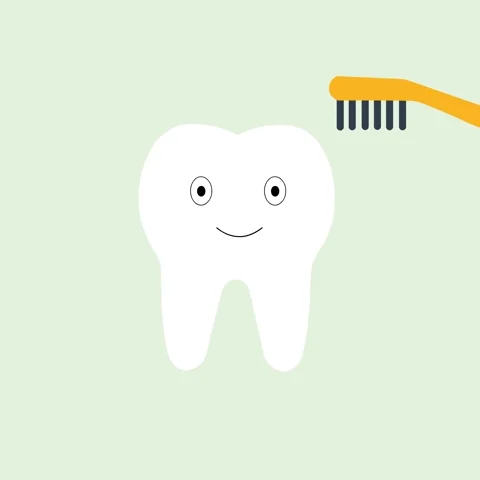`
Tooth Sensitivity: Common Triggers and How to Avoid Them
Teeth sensitivity is also called dentine hypersensitivity. It is a feeling of pain or discomfort to the response of hot or cold stimuli. Enamel wear-off due to aggressive brushing leads to dentine exposure that will cause sensitivity in teeth. Tooth sensitivity can also occur due to tooth decay, cracked teeth, and gum diseases.
Persistent pain while eating and drinking is an indication of serious dental issues. Dentine is the essential part that covers tooth pulp. Pain is a sign that dentine is exposed to external stimuli. Dentine contains microtubules connected to pulp that sense pain or discomfort in teeth. That is the reason dentine should be protected by enamel.
Causes of Tooth Sensitivity
Teeth sensitivity can occur due to several reasons. The problem of sensitive teeth can be temporary and can go away on their own or by maintaining oral hygiene. Some people naturally have sensitive teeth due to a thin layer of enamel. While other people might have any of the following causes of tooth sensitivity.
- Enamel erosion
- Gum recession
- Bruxism (tooth grinding)
- Tooth decay
- Tooth fractures
- Acidic foods and drinks
Symptoms of Tooth Sensitivity
- Sharp pain with hot or cold stimuli
- Discomfort while brushing teeth
- Sensitivity to sweet or acidic foods
- Pain when biting or chewing
Prevention and Home Remedies for Tooth Sensitivity
Tooth sensitivity can be acute or chronic and can continuously cause pain and discomfort. It can be prevented by below mentioned means:
- Using desensitizing toothpaste
- Adopting proper brushing and flossing techniques
- Avoiding acidic foods and beverages
- Using fluoride mouthwash
A number of sensitive teeth remedies are available that can reduce sensitivity. Some of the home remedies for tooth sensitivity are useful. They can provide relief till the time you can schedule an appointment with your dentist.
- Saltwater rinse
- Topical turmeric
- Green tea rinse
- Drops of clove oil
Professional Treatments for Tooth Sensitivity
Consult with a dentist if tooth sensitivity persists for more than 3 weeks. A dentist can conclude the exact cause of tooth sensitivity. The dentist will advise you on treatment as per the severity and dental condition.
- Dental Sealants: Applied to exposed dentine to provide a protective shield.
- Fluoride Varnish: Similar to sealants, applied to exposed roots in cases of gum recession.
- Surgical Gum Grafts: An extensive procedure involving the placement of mucosa to cover severe gum recession.
Connection between Tooth Sensitivity and Gum Disease
Tooth sensitivity is linked to gum diseases due to swollen gums. the Inflamed soft tissue creates spaces between tooth roots and the gum. Through which liquid can reach to root surface and cause pain. Healthy oral hygiene practices can prevent gum diseases by keeping gums intact.
Best Practices for Managing Tooth Sensitivity
Taking good care of your teeth regardless of the cause is the first line of defense against dental issues. At home, sensitive teeth remedies are beneficial for managing mild or temporary sensitivity. Poor oral hygiene practices can lead to the breakdown of enamel. As a result, generalized sensitivity occurs that causes discomfort. Proper brushing and flossing help to prevent the buildup and maintain good oral hygiene. Following are the basic oral care practices to manage tooth sensitivity:
- Maintaining good oral health
- Using a soft-bristled toothbrush
- Using desensitizing toothpaste and mouthwash
- Avoiding carbonated food and drinks
- Seeking professional advice for persistent sensitivity
`

